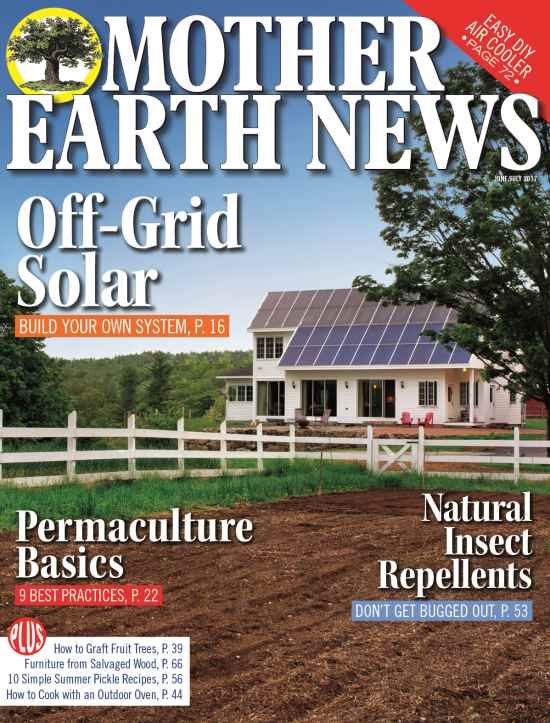You don’t have to own a 100-acre piece of land to make an income from farm life. Below are 10 ideas on how to make money on a small piece of land. If you combine several of these, you can keep a steady income coming through your farm.
A word of advice:
Don’t jump into too many things at once or you might feel overwhelmed. I feel like it’s better to do fewer things well, then a lot of things poorly. Master one project, and when you feel you have a confident understanding of the process, add the next thing slowly.
- Vegetables
You’d be surprised how much a small, well-tended garden can produce. When you plan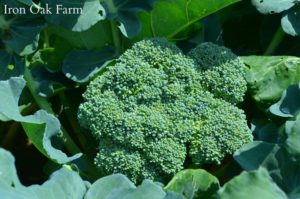 your garden concentrate on space-saving plants, vertical growing techniques and vegetables that can be planted multiple times throughout the season. Cabbages, broccoli, and cauliflower can be planted in the spring and the fall for two harvests. Radishes can be planted several times, as can lettuce. Microgreens are a great fast crop!
your garden concentrate on space-saving plants, vertical growing techniques and vegetables that can be planted multiple times throughout the season. Cabbages, broccoli, and cauliflower can be planted in the spring and the fall for two harvests. Radishes can be planted several times, as can lettuce. Microgreens are a great fast crop!
Planting perennials is also a great way to reap a harvest year after year with little maintenance. Rhubarb, horseradish and asparagus to name a few.
- Fruit
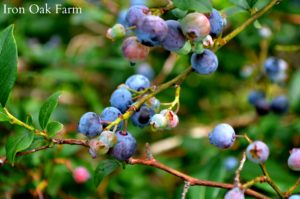 If you plant a tree, make it a useful one! One mature apple tree can produce enough fruit for several families. Same goes for cherries, pears, peaches, plums, apricots, mulberry and depending on your area of the country…avocados, and citrus.
If you plant a tree, make it a useful one! One mature apple tree can produce enough fruit for several families. Same goes for cherries, pears, peaches, plums, apricots, mulberry and depending on your area of the country…avocados, and citrus.
The same goes for bushes. Plant blueberry bushes, raspberry canes and strawberry pots instead of decorative shrubs.
- Quail
 In my opinion, not enough good things are said about quail. They are a small, fast maturing bird that requires very little space and can be used for eggs or meat. If you’re strapped for space, quail are a great option! Quail is slowly gaining recognition in the foodie world. Quail eggs are appearing on specialty menus across the country and bring a great price!
In my opinion, not enough good things are said about quail. They are a small, fast maturing bird that requires very little space and can be used for eggs or meat. If you’re strapped for space, quail are a great option! Quail is slowly gaining recognition in the foodie world. Quail eggs are appearing on specialty menus across the country and bring a great price!
- Chickens
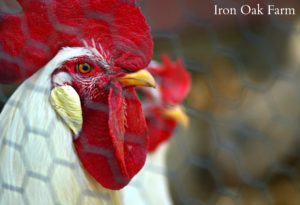 Of course chickens! If you’re planning to set up a small chicken coop and want the best bang for your space, I suggest getting a high yielding layer like a Leghorn or Rhode Island Red. Leghorns thrive in smaller spaces and will lay almost year round.
Of course chickens! If you’re planning to set up a small chicken coop and want the best bang for your space, I suggest getting a high yielding layer like a Leghorn or Rhode Island Red. Leghorns thrive in smaller spaces and will lay almost year round.
With chickens, you can sell eggs meant for eating, hatching eggs, chicks, adult chickens and meat birds.
- Rabbits
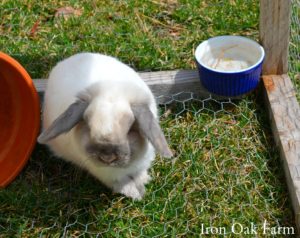 Rabbits are another great choice for the small homestead. You can specialize in fancy breeds and sell the kits or you can raise meat rabbits. Rabbits can be raised in vertical cages so they’re a great space saver!
Rabbits are another great choice for the small homestead. You can specialize in fancy breeds and sell the kits or you can raise meat rabbits. Rabbits can be raised in vertical cages so they’re a great space saver!
- Small Goat Breeds
Depending on your town ordinances, raising a couple small breed dairy goats like Nigerian Dwarfs can offer you a dairy source.
 In some states, dairy laws can be strict and not worth the hassle of selling milk directly, but you can sell milk-based products like soaps and lotions.
In some states, dairy laws can be strict and not worth the hassle of selling milk directly, but you can sell milk-based products like soaps and lotions.
Goats should be raised in pairs so factor in enough space for at least two animals.
- Bees
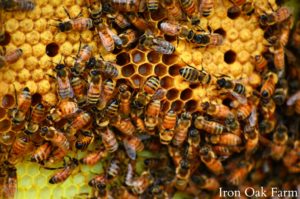 In my opinion, bees can and should be raised anywhere! Cities like NewYork are even finding success with raising bees on rooftops. Bees produce honey, wax and you can sell the bees themselves. Your wax and honey harvests also offer a great resource for natural made cosmetics, deodorants and balms.
In my opinion, bees can and should be raised anywhere! Cities like NewYork are even finding success with raising bees on rooftops. Bees produce honey, wax and you can sell the bees themselves. Your wax and honey harvests also offer a great resource for natural made cosmetics, deodorants and balms.
- Small Fiber Animals
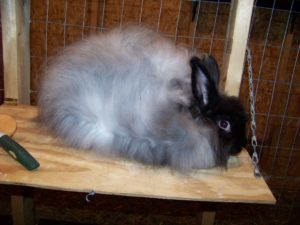 Angora rabbits are one of the smallest fiber animals available to raise. There is also a cross breed goat that stays small called a Pygora. It is a cross between an Angora goat and a Pygmy. The Pygora produces cashmere which is an expensive fiber.
Angora rabbits are one of the smallest fiber animals available to raise. There is also a cross breed goat that stays small called a Pygora. It is a cross between an Angora goat and a Pygmy. The Pygora produces cashmere which is an expensive fiber.
Knitting, crocheting, and spinning are gaining a lot of popularity these days. Specialty fibers are highly sought after.
- Mushrooms
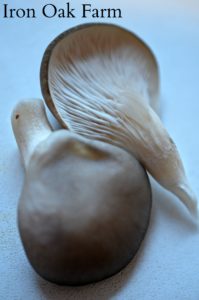 Mushrooms are not only easy to grow but they take up very little space. Mushroom plugs can be inserted into hardwood logs and set in a shady area to inoculate. With a little water, you can have a mushroom crop to offer your customers year after year!
Mushrooms are not only easy to grow but they take up very little space. Mushroom plugs can be inserted into hardwood logs and set in a shady area to inoculate. With a little water, you can have a mushroom crop to offer your customers year after year!
- Maple Syrup
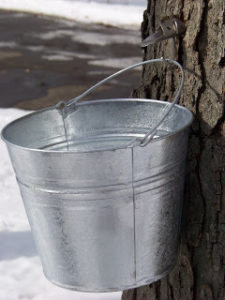 Do you have Sugar Maples on your property? Depending on your part of the country tapping trees and boiling down the syrup can bring a high profit. Maple sugar is fast becoming a popular natural sweetener.
Do you have Sugar Maples on your property? Depending on your part of the country tapping trees and boiling down the syrup can bring a high profit. Maple sugar is fast becoming a popular natural sweetener.
- Herbs
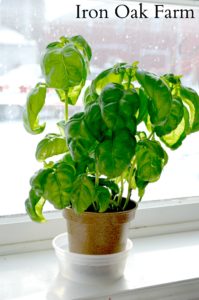 Herbs are expensive to purchase at the grocery store so you can hone in on that niche market by offering a more reasonable price. Herbs tend to be small manageable pants that can be harvested throughout the growing season. Perennial herbs are particularly convenient in that you only have to plant them once and can reap the harvest for several years.
Herbs are expensive to purchase at the grocery store so you can hone in on that niche market by offering a more reasonable price. Herbs tend to be small manageable pants that can be harvested throughout the growing season. Perennial herbs are particularly convenient in that you only have to plant them once and can reap the harvest for several years.
Herbs can also be dried and sold as mixed seasonings and decorative bunches.





